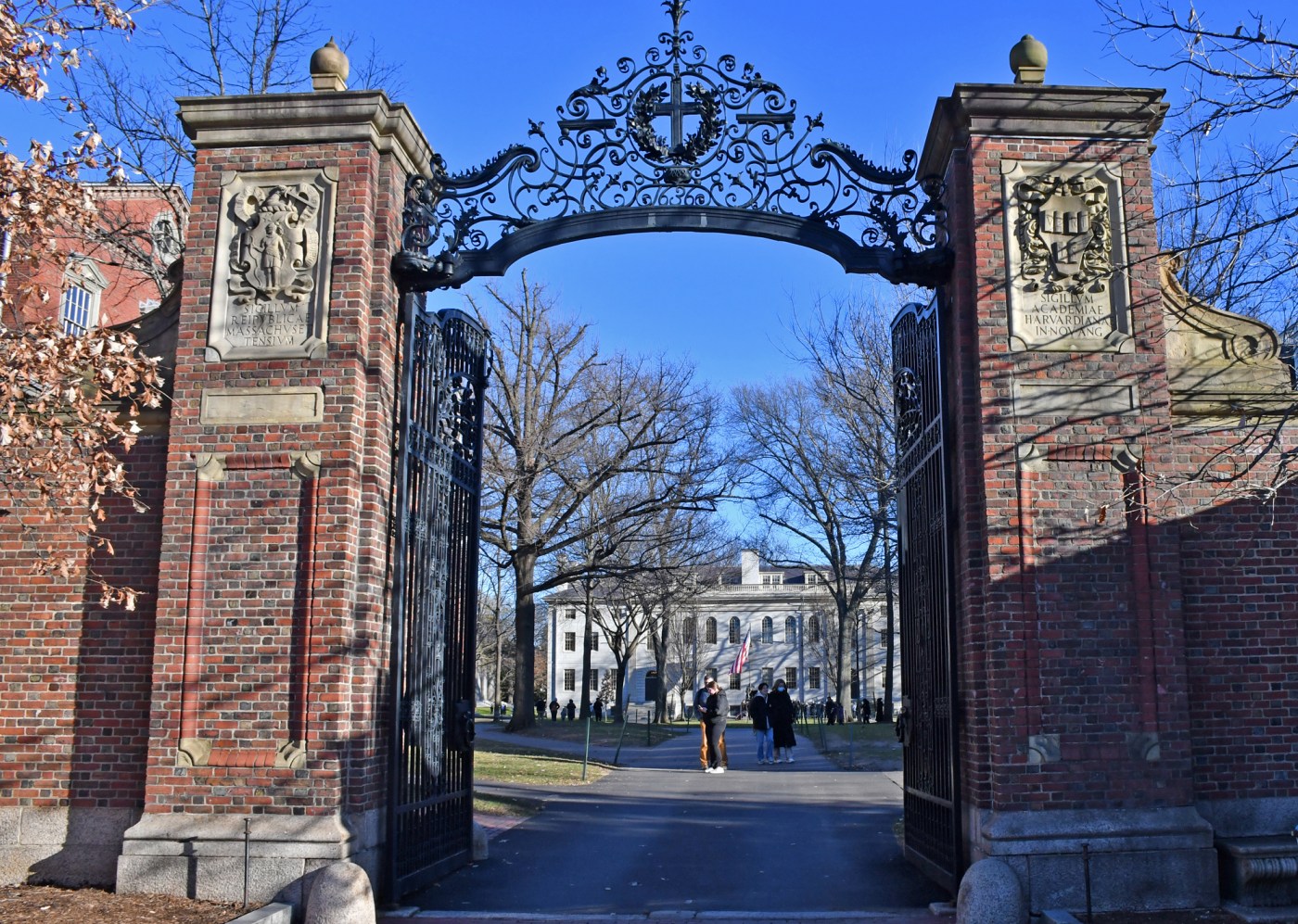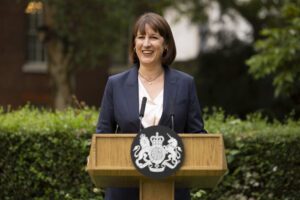
Amid budget crunch, Boston Mayor Wu looking to squeeze higher PILOT payments from tax-exempt nonprofits
The City of Boston is working to modernize a payment in lieu of taxes program in a way that would yield higher contributions and compliance from its wealthy nonprofit sector, to address a budget crunch driven by declining commercial tax revenue.
The latest numbers published by City Hall show private institutions with tax-exempt status collectively contributed just 76% of their requested payment in fiscal year 2023. Of the $128 million that was requested through the PILOT program, the city collected $97.8 million, of which just $35.7 million was cash.
“The city is working to negotiate a new set of PILOT agreements with our partner institutions that will grow this nation-leading program and take it to the next level,” a spokesperson for Mayor Michelle Wu said in a Monday statement.
“We hope to secure multi-year agreements at higher contribution levels that will better support the delivery of excellent city services and create greater predictability for the city and all participating institutions,” the Wu spokesperson said.
Speaking with reporters at an unrelated event earlier this month, Wu said that not only is the city seeking higher payments from institutions with tax-exempt status, but better compliance from a wealthy nonprofit sector accused by some advocates and officials of not paying their fair share of city taxes.
Under the program, private institutions, which mainly consist of colleges, hospitals and cultural centers with tax-exempt property in excess of $15 million, make voluntary payments amounting to roughly 25% of what they would have paid in real estate taxes.
Wu said the city has had a “number of really important and productive conversations with some of our largest anchor institutions.” Those talks, she said, have sought to align the financial needs of both the city and the participating institutions,
“I think everyone understands the need for the city to be able to find the resources to fund the city services that we all depend on and that make Boston a great place to live, to do business, and to come study or seek health care or all the various things that draw people to the city,” the mayor said, “and that we are in the same boat needing to find ways to better serve our communities.”
The payments collected through the program, while voluntary, are intended to be a “significant contribution to the operating budget,” City Councilor Liz Breadon, who chairs the Council’s PILOT committee, previously told the Herald.
Under the program, payments are split between cash and so-called community benefits credits and are meant to “help to offset the burden placed on Boston taxpayers to fund city services for all property owners,” the city website states.
Property taxes make up roughly 75% of city budget revenue, but more than 50% of real estate in Boston is tax-exempt, Breadon said prior to a Council hearing held last year that focused on updating the program, which has operated under the same guidelines since and bases payment requests on property values from 2012.
Enid Eckstein, co-chair of PILOT Action Group, made up of advocates pushing for reforms to the program, said Monday that the Wu administration’s decision to review PILOT is “especially timely now, given the challenges the city is facing in terms of the potential loss of commercial property tax revenue.”
“These institutions are major players in the city — they play an important role,” Eckstein said. “But as community people, we believe that the whole question of, what is their responsibility to the city, is really a critical question, given the fact that they have considerable land, they’ve expanded into many communities. Therefore, we feel that a new partnership really needs to be forged.”
Data released by the city shows that medical institutions met 91% of the $54.8 million requested amount in fiscal year 2023. Educational institutions — prep schools, colleges, and universities such as Harvard, Northeastern and Emerson — were at 68% compliance, with $69.3 million requested.
Cultural institutions — museums, GBH, the Boston Symphony Orchestra — contributed far less, meeting just 35% of the $4.3 million requested amount, $489,562 of which was in cash. Wu has advocated for their removal from the requirement in the past.
Related Articles
Boston’s Caribbean Carnival returns a year after mass shooting: ‘I always feel safe’
Boston City Council may debate residency requirement amid police staffing crunch, but BPD commissioner remains skeptical
Boston police commissioner says more cops, parade changes on tap to quell violence at Caribbean festival
After violence, Boston city councilor urges police leadership to request backup for weekend festival, events
South Boston Gillette manufacturing campus could become mixed-use development, waterfront park
The Herald reached out to three colleges — Harvard, Northeastern and Boston University — that did not meet their requested payment in FY23. Northeastern was the only one to respond, by sharing a correspondence it sent to the city in late May, stating that it had enclosed a $950,000 check to fulfill its remaining voluntary payment request for FY24.
The city plans to publish FY24 PILOT numbers in the fall, the mayor’s office said, while declining to share any available data for that year.
“Beyond this voluntary payment, Northeastern continues to demonstrate its commitment to the City of Boston through substantial financial contributions and engagements with the city,” John Tobin, Northeastern’s vice president, city and community engagement, wrote in the letter to Nicholas Ariniello, Boston’s commissioner of assessing.
“In addition to this voluntary payment, Northeastern pays property taxes on its non-exempt property, totaling $1.3 million last year. The university will also pay the second installment of seven annual exactions, $375,300, to the city’s housing trust this August.”
“While not exhaustive,” Tobin concluded, “these examples demonstrate Northeastern’s commitment to being a good neighbor, making our resources accessible to residents, and enhancing opportunities for our shared communities.”
Mayor Michelle Wu (Nancy Lane/Boston Herald, File)


